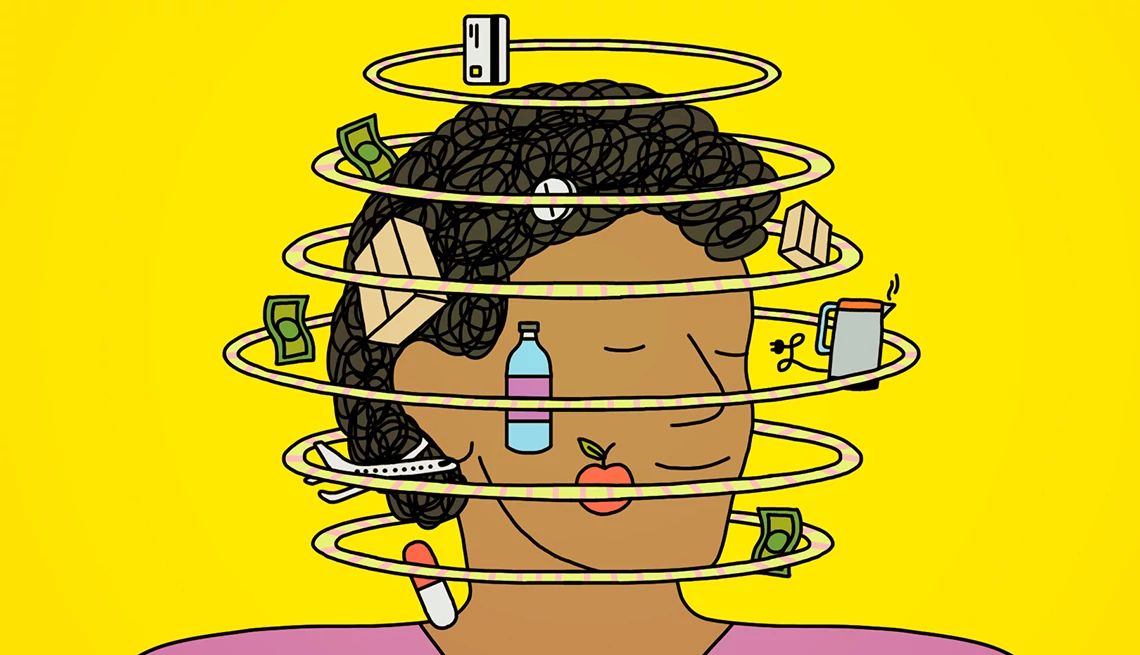 A new study offers a conundrum, or maybe a marketing problem. Most Americans 50 and older don’t trust AI-generated health information, says a new poll published by the University of Michigan. But they do trust their own ability to figure out what information is good and what isn’t when they look for it. They say they trust WebMD, Healthline. And yet only 32% said it was easy to find accurate health advice. But how would you know what is accurate? And the 84% who said they got health information from a health care provider, pharmacist, friend or family member in the past year. A friend or family member? Really?
A new study offers a conundrum, or maybe a marketing problem. Most Americans 50 and older don’t trust AI-generated health information, says a new poll published by the University of Michigan. But they do trust their own ability to figure out what information is good and what isn’t when they look for it. They say they trust WebMD, Healthline. And yet only 32% said it was easy to find accurate health advice. But how would you know what is accurate? And the 84% who said they got health information from a health care provider, pharmacist, friend or family member in the past year. A friend or family member? Really?
Is this mistrust generated by repeated negativity on TV? For example, search for mistrust of AI on CNN or Fox News – many common articles pop up, particularly noting distrust of AI used by social media platforms. Confidence was high about AI used by Microsoft, Nvidia and OpenAI. And yet, their distrust might be more about the social media platform than its AI aspects, most of which may not be obvious, but are present, for example in Microsoft Word.
Survey responders may be unaware that their day-to-day lives are enabled by AI tools. Ask Google if AI is being used in health care – perhaps the Cleveland Clinic article will appear, talking for example, about scanning and finding information in health records, processing referral authorization claims, drug development, and chatbots for use at a patient’s bedside. And the current effort to focus AI on data specifically collected by an organization, versus accessing the entire Internet, will help boost organizational willingness to use AI tools.
Surveys like the Michigan study are a disservice to the health industry and consumers. For example, the trust in WebMD is unjustified as a tool for symptom checking – “The primary diagnostic accuracy of WebMD ranged from 3 to 53% across a variety of medical conditions that were assessed in eight included studies.” And even WebMD is introducing AI with HealthInteractive digital health assistants. The biggest problem with the Michigan study, however, is that it is clickbait for news media sites that are heavily used by consumers. Ironically, whether they believe or don’t believe AI is useful, it will underpin most of their interactions online.
